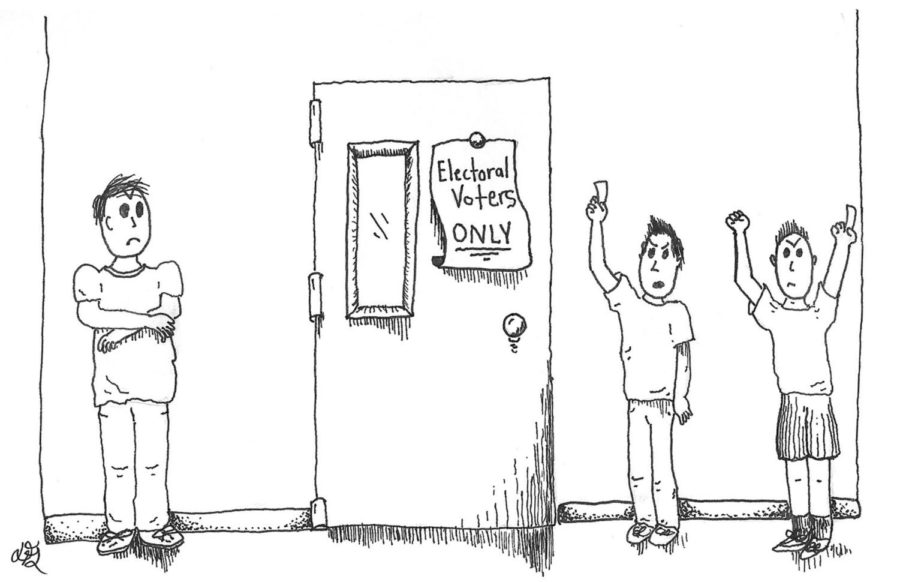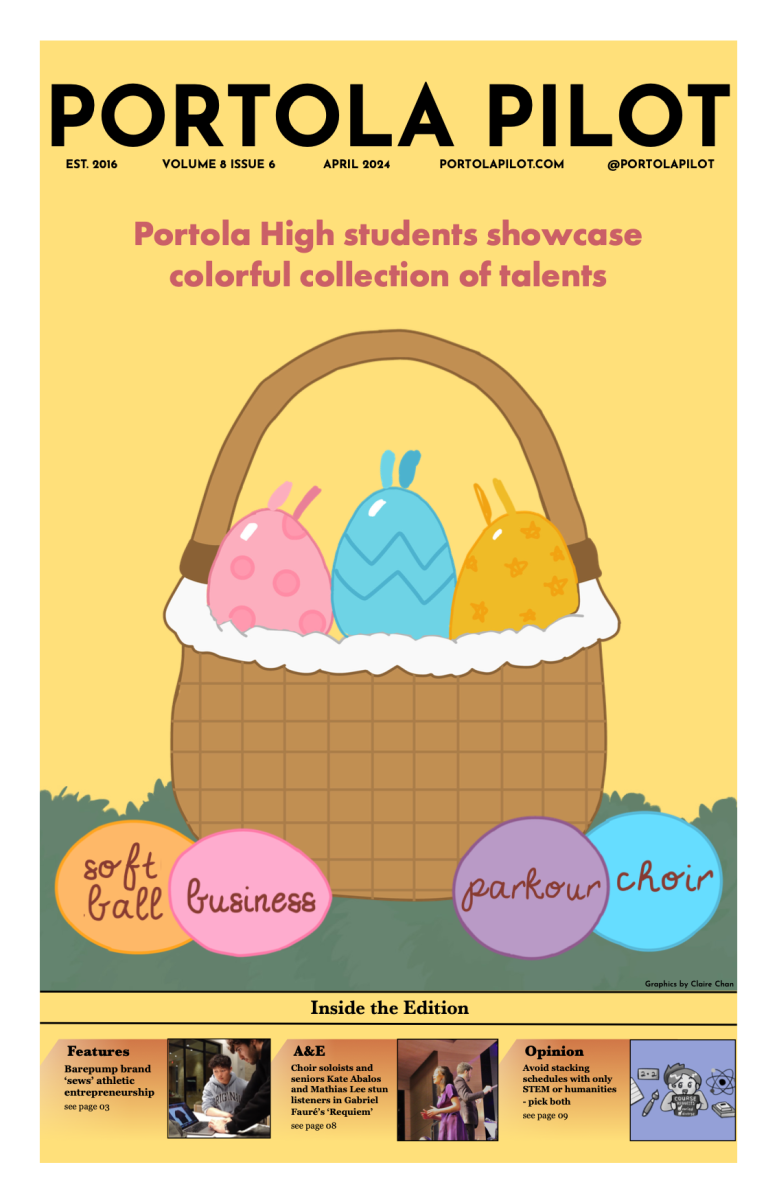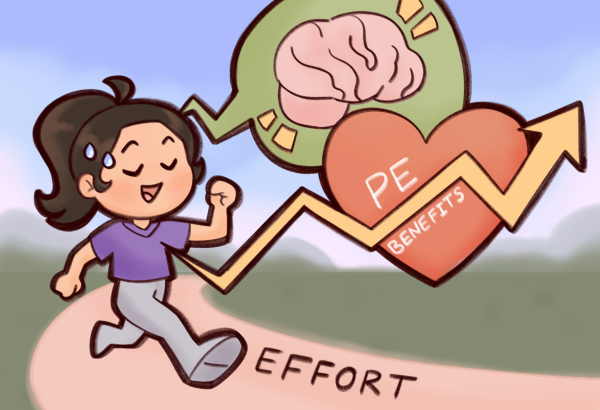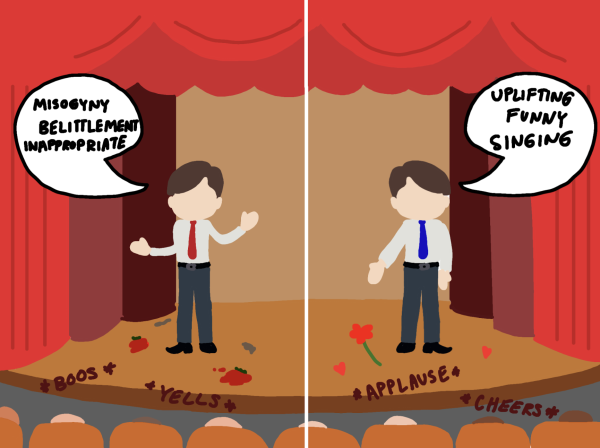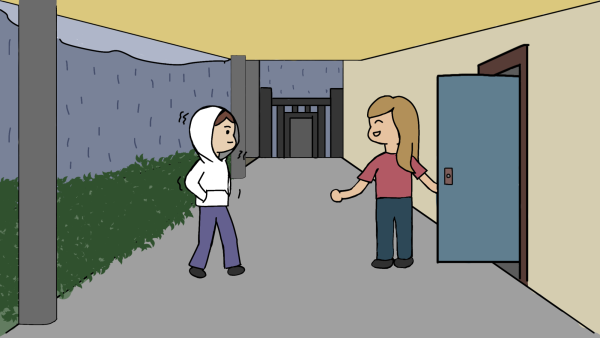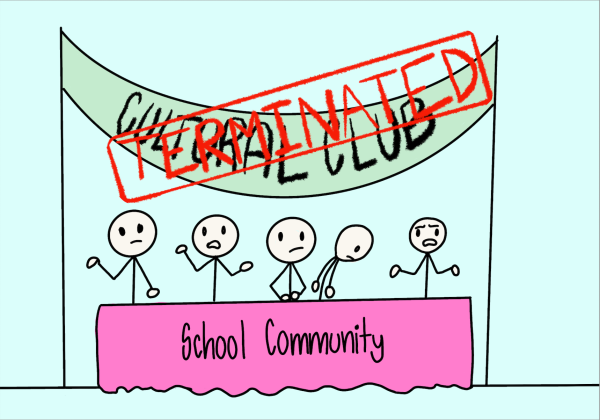Editorial: Popular Vote is the Popular Choice
March 21, 2018
ASB has made a decision to change the school’s election from a popular vote to an Election Convention. We believe that the school should revert back to popular vote because of the flaws of the Election Convention. Some of the most prevalent problems include allocating power to a handful of delegates that may not represent the entirety of the student population, giving candidates too little time to deliver complete speeches to students and overly complicating an already effective system.
“It [the Election Convention] makes parts of the process more hidden from the public by scaling the election down from the entire student body to just a select few,” Hercules house president Anthony Lu said. “This can cause students to feel more disassociated with the elections, which should never be an outcome of choosing the next leader to represent our school.”
The power that has been placed in the hands of the delegates may also pose a problem to the Election Convention. The delegates may choose not to vote the way their advisements vote if they find that the candidate fell short of expectations.The system relies on the integrity of the delegates, which may leave room for personal bias or corruption to influence the vote. By eliminating most of the student body from the final decision, it may influence candidates to target delegates rather than appealing to the student population as a whole.
If the delegates vote the way their advisements voted like they are obligated to do, it makes the entire system relatively inefficient because students could simply send in their vote, making the system more efficient than the Convention.
Candidates are given 30 seconds (or 45 seconds for president and vice president) to give a speech that will be shown in advisement for the primary elections. Students then vote for a candidate. The top two candidates progress to the Election Convention. However, such a short speech time does not allow the candidates to cover the many important topics they wish to discuss, causing voters to support people based on prior knowledge and popularity, the exact issue the new system attempts to prevent.
“I don’t see many drawbacks to it [the Election Convention],” ASB co-director Sarah Dean said. “I think that’s going to be the biggest obstacle is getting kids to understand why we’re doing it and what we’re doing and to get kids on board.”
Some supporters of the Election Convention may believe that benefits include students gaining experience with the same kind of system our nation has. However, the electoral system’s benefits do not apply to our school. The nation’s Electoral College is beneficial because of the amount of people in the country, making it harder to get a popular vote. Our school, on the other hand, has a significantly smaller population, and the amount of people proves to be more manageable for a popular vote.
Another drawback is the potential misrepresentation of the student body’s overall opinion. For example, if a single advisement contains 13 people with seven voting for Candidate A and six voting for Candidate B, it would force the delegate to cast his vote for Candidate A, therefore losing the six votes for Candidate B. The problem presented is likely to happen, which causes the Election Convention to not represent the universality of students’ decisions
The Election Convention is not an accurate overall representation of the student population. The system would need major alterations before it provides equity for all candidates. Because there is a possibility that corruption or misrepresentation may occur, these faults must be resolved before the system is put into place. Even if these problems can be resolved, they may require more work than simply switching back to a popular vote. Therefore, popular vote is the best choice for Portola.



